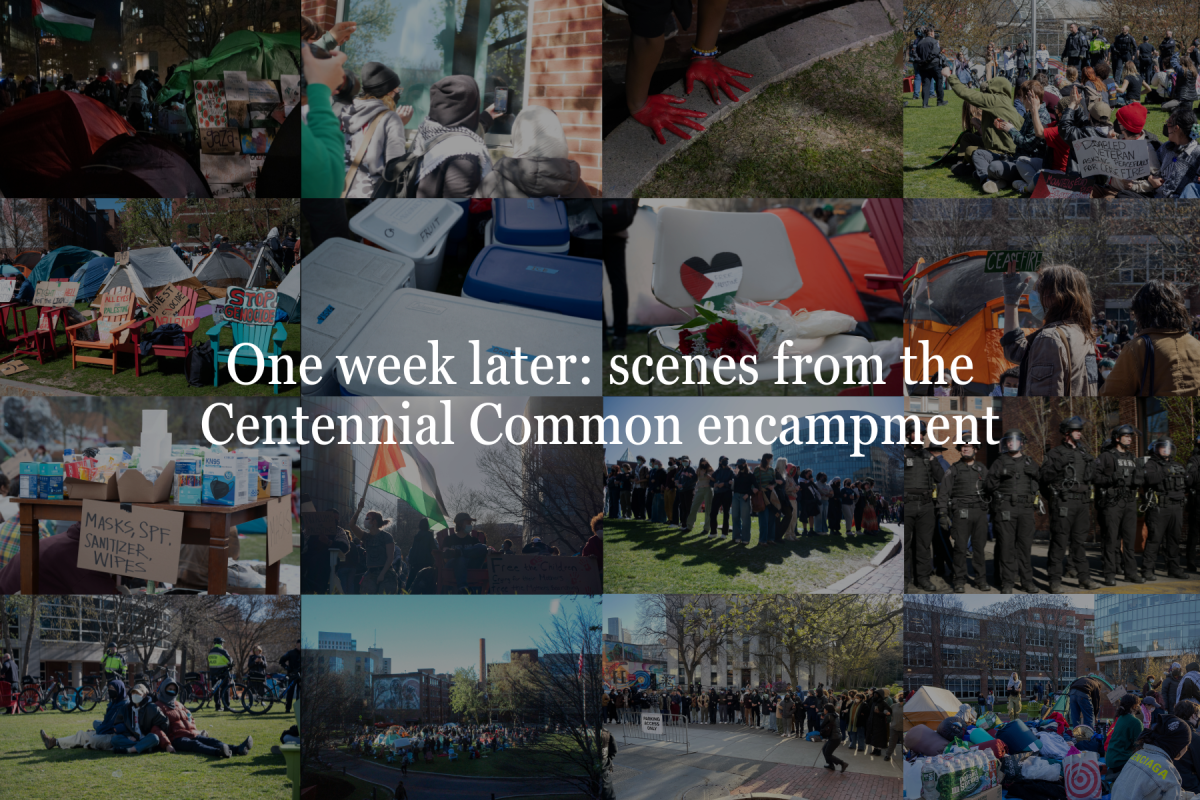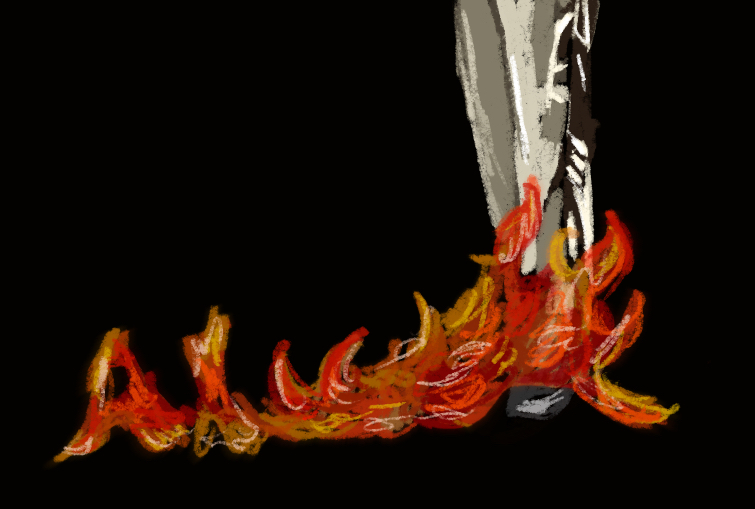By Jamie Ducharme, News Staff
It was every “Arrested Development” fan’s dream: Seven years after the show went off the air in 2006 in the face of low ratings and fleeing advertisers, the cult classic about the wealthy, dysfunctional Bluth family’s fall from grace returned for a fourth season, released exclusively on Netflix. Prayers everywhere were answered a year ago with the announcement of a new season, and countdowns to the May 26 release date commenced.
Unfortunately, I believe it did not live up to the hype. It’s not that the new season is horrible, though it’s certainly not great — it’s just that the old seasons were consistently hilarious, and this one doesn’t come close to measuring up. I used to laugh out loud regularly. The new season is lucky to get a few half-out-of-pity chuckles an episode.
If I had to boil it down to a single reason, I’d say the writers and producers were trying too hard. The recurring jokes, witty humor, subtle jokes and clever writing that made the show what it is are all but gone, instead replaced with over-the-top antics, often unnecessary celebrity cameos and bizarre-in-a-bad-way plot lines (Seriously, what is up with the ostrich thing?) There are occasional redeeming moments and flashes of the old greatness, but for the most part I found it pretty dismal.
Fan excitement and expectations aside, the show’s re-launch marked one of the few times a cancelled show has made a comeback, an interesting move in the cutthroat television market, and one that Northeastern media and screen studies professor Drew Ayers said raises some questions about the industry.
“For me, one of the big questions is whether or not this is sustainable,” he said. “Should the industry be focusing on bringing old shows back … or should the industry be focusing on creating new intellectual properties?”
Ayers, who called the new season “brilliant,” went on to say that choosing Netflix over traditional television opens doors for the show.
“The fourth season, due to its intertwining narrative, character cameos and little clues, demands rewatching, which Netflix facilitates,” he said. “Netflix also gives producers the freedom to play with the network 22-minute episode length.”
Sarah Sinwell, another media and screen studies professor at Northeastern, noted that releasing the season all at once on Netflix also allows viewers to watch the season as a marathon, and illustrates the general media trend toward streaming online.
Sinwell, who said she was “pleasantly surprised” by the season and “happy to be with the Bluth family again,” said “Arrested Development” is a unique case.
“It already has such a big fan base on Netflix in particular that it wasn’t as risky an endeavor [as it could have been],” she said. “I don’t think ‘Arrested Development’ actually speaks for a trend in all of TV or Netflix because it had a cult following.”
Indeed, that cult following is the very reason for the show’s rebirth, and it’s a cult I take part in with pride. So as a rabid member of the fan club — I have a t-shirt with a semi-abstract rendering of Tobias Funke on my wall, if that says anything — it pains me to say that I, unlike Sinwell and Ayers, could barely force myself to get through the new season. I almost gave up several times, pressing on only because I refused to admit the show I am obsessed with no longer entertained me.
The new format — with each episode devoted to telling one character’s story since the last season wrapped, a move done partially because of the now-famous cast members’ schedules — doesn’t help, either. Though the layered plot lines are intricate and smart, the beauty of the show is that it’s a true ensemble comedy. The family’s dysfunction as a unit is, without exaggeration, what the show is about, so to remove huge chunks of the cast from each episode seems like comedy suicide. Plus, retelling the same story from different angles, which could have worked if executed well, instead just got tiresome.
In the end, I think my beloved show was doomed by the hype, at least for me. Once a show has been off the air for seven years, it’s hard to restore it to its former glory, no matter how much the fans want it. To wait for something for that long and have it be anything but fantastic is bound to be a disappointment, and that’s what the new season was. I still love you, Arrested Development, but right now I just don’t like you.












